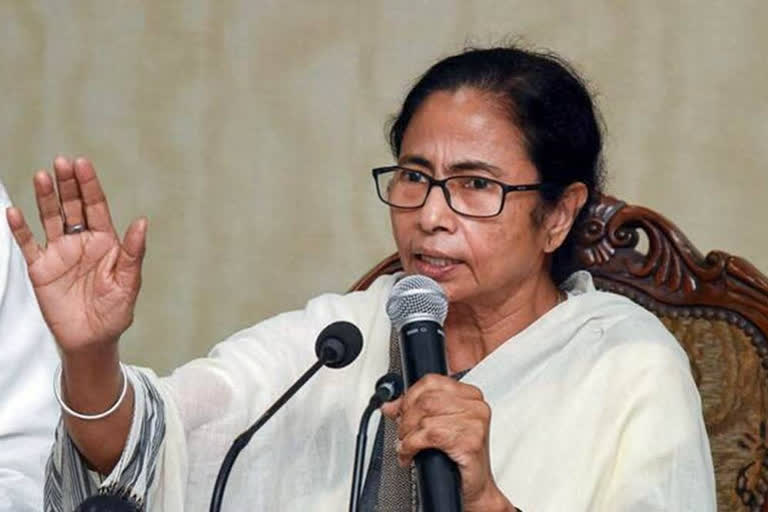Kolkata: Accumulated debt had always been a teething problem for the cash-strapped exchequer of the West Bengal government. That problem is all set to aggravate further as by the end of the financial year 2021-22, the state's total accumulated debt is all slated to increase to Rs 5.35 lakh crore, as per the budget estimates for the fiscal year under review.
On Wednesday afternoon, the state budget for the financial year 2021-22 was tabled at the assembly. The crucial "Budget at a glance" document reveals that as per the revised estimates for 2021-22, the total accumulated debt is slated to rise to Rs 5.35 lakh crore, an 11 per cent rise over the figure of Rs 4.81 lakh crore as per the revised estimates of the financial year 2020-21.
At the same time, the budget document reveals the blatant dependence of the state finance department on state excise for generating tax revenue. As per the budget estimates for 2021-22, the state's tax revenue is slated to rise to Rs 75,415.71 crore, a little over 20 per cent rise from the figure of Rs 59,886.59 crore as per the revised estimates for 2020-21.
However, a proper study of the components of the state's tax revenue shows how much the dependence is on the state excise to generate this high tax revenue. As per the budget estimates for 2021-22, the state excise revenue collection has been set at Rs 16,100 crore, a magnificent 40 per cent rise over the figure of Rs 11.458 crore in the revised estimates for 2020-21.
Also Read: Bengal budget 2021: Major relief in road tax, stamp duty announced
Economic advisers believe that in the current situation that dependence on market borrowing to run the expenditures of the state government and dependence on state excise for revenue generation will continue. Economist, Probir Kumar Mukhopadhyay said that West Bengal is almost on the verge of a debt trap. "On one hand, the state government is resorting to massive expenditure for various projects. On the other hand, the state government also needs to service the principal and interests of old debts. Again most of this expenditure incurred by the state government is mainly revenue expenditure which does not result in any asset creation. Only in the case of capital expenditures like infrastructure development or the setting up of a new industrial unit, this asset creation is possible. Now the current land and special economic zone policy of the West Bengal government is not quite conducive for both infrastructure development or for attracting new big-ticket investment. So debt is the only alternative as of now," he said.
Also Read: Is the Lotus wilting before blooming in Bengal?
Veteran journalist and economic commentator, Santantu Sanyal said that the dependence on state excise for revenue generation is nothing new for West Bengal. "This had been going on since the previous Left Front regime, both regimes have given unbridled approvals for opening new liquor shops and bars. The Trinamool Congress government has even taken over the wholesale business of liquor. Even in the current almost lockdown phases, the bars and liquor shops remained open, whereas the local train services were suspended. The summary is that without big-ticket investment, this state excise dependence will continue," he said.
Also Read: Mamata fined Rs 5 lakh by court


